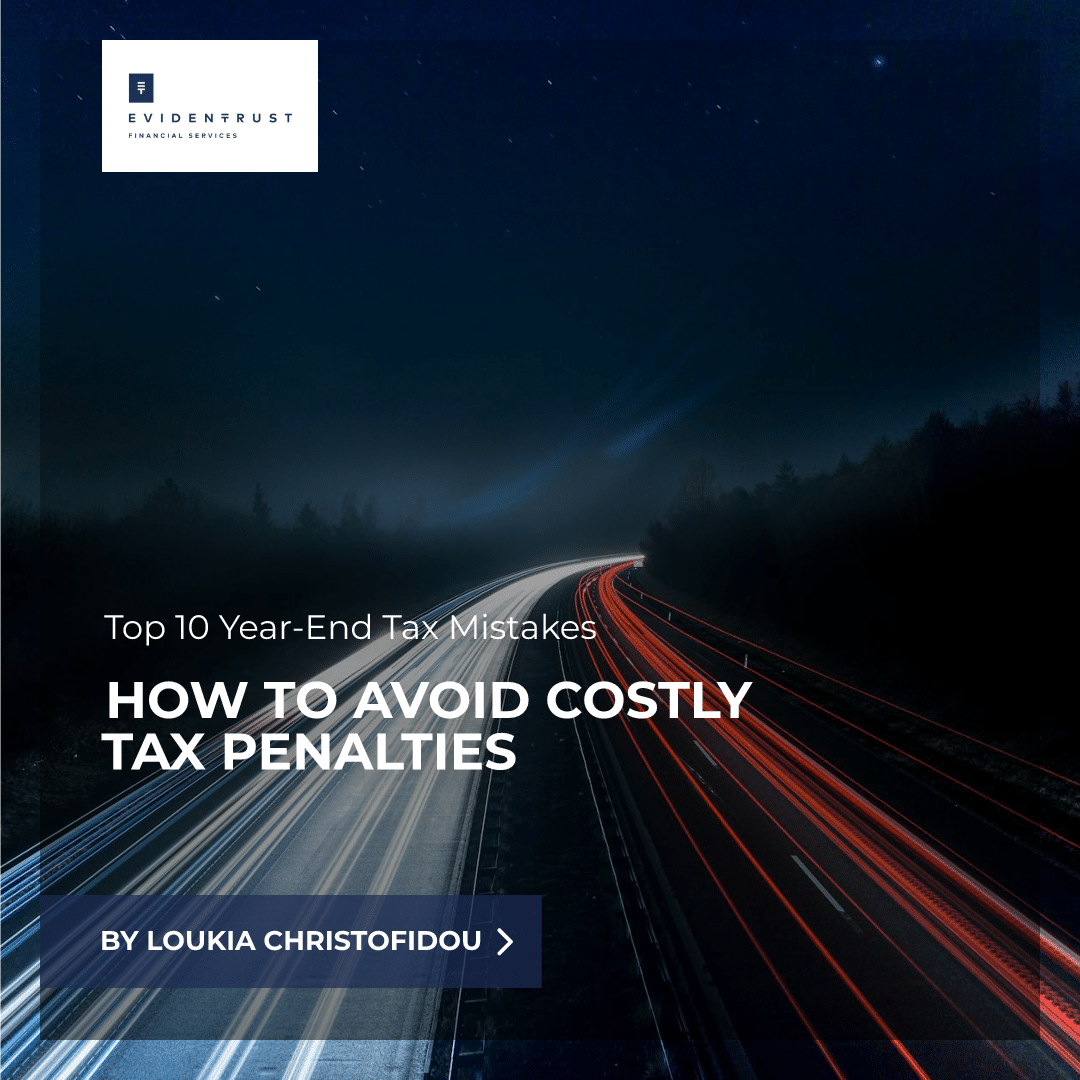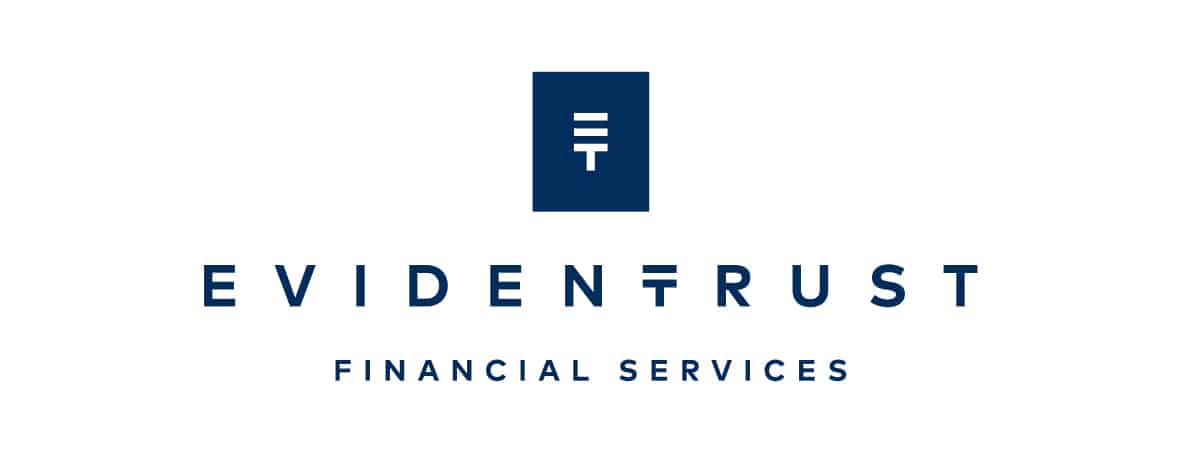Top 10 Year-End Tax Mistakes Cyprus Companies Make (And How to Avoid Costly Penalties)

Top 10 Year-End Tax Mistakes Cyprus Companies Make (And How to Avoid Costly Penalties)
As the year draws to a close, companies in Cyprus have a lot on their plate—wrapping up financial statements, planning for the future, and ensuring compliance with tax regulations. While staying tax-compliant is a key responsibility, many companies inadvertently make mistakes that could lead to costly penalties. Here, we explore the top 10 year-end tax mistakes that Cyprus companies tend to make and provide insights on how to avoid them.
1. Missing Tax Deadlines

One of the most common pitfalls for companies is missing critical tax deadlines. Whether it’s paying taxes on time, filing VAT returns, or submitting income tax forms, missing deadlines can result in hefty fines. To avoid this, set up reminders and establish an organized calendar system to track all upcoming due dates.
You can use our online tax calendar to stay informed about important deadlines. Consider working with an accountant who keeps an eye on these deadlines for you.
2. Underestimating Provisional Tax Payments
Provisional tax payments are often underestimated, leading to significant penalties later. Many businesses try to minimize cash outflows by underreporting their expected income, but if the actual income exceeds estimates, the penalties can add up, including an additional 10% tax if the provisional payments are lower than the total yearly tax. To avoid this, work closely with your accountant to provide realistic projections.
3. Ignoring Transfer Pricing Requirements
With the increasing importance of Transfer Pricing (TP) rules, companies conducting transactions with related parties often make the mistake of ignoring these regulations. Failing to adhere to TP requirements can lead to substantial penalties. Make sure you maintain proper documentation and have a TP study in place if you fall under the TP scope. Consult with a tax specialist as soon as you intend to conduct any related-party transactions to understand the tax compliance implications.
4. Failing to Claim Available Deductions and Tax Credits

Many companies fail to fully utilize deductions and tax credits available under Cypriot law. These may include R&D credits, IP box regimes, or other industry-specific tax benefits. To ensure you are making the most of your available deductions, work with an experienced tax advisor who is familiar with current incentives.
5. Errors in Estimation of Revenue and Work in Progress
Errors in estimating revenue and work in progress in accordance with IFRS 15 are a frequent issue for many companies. Common mistakes include incorrectly determining the timing of revenue recognition, failing to accurately estimate progress towards completion of performance obligations, or misjudging variable consideration such as discounts or rebates. Such errors can significantly distort financial statements and result in incorrect tax calculations. To avoid these issues, companies should ensure that they apply the five-step model of IFRS 15 rigorously and maintain adequate supporting documentation for all estimations.
6. Errors in Estimating Provisions and Accruals
Errors made during the estimation of provisions and accruals can lead to substantial errors in tax provisions. For example, failing to accurately assess warranty obligations, employee leave entitlements, or legal provisions under IFRS standards, such as IFRS 37, may result in under or overstatement of liabilities. This, in turn, impacts the tax position of the company, potentially leading to penalties. It is crucial to carefully evaluate the likelihood and timing of these liabilities, supported by appropriate documentation and expert judgment, to ensure accurate financial and tax reporting.
7. Miscalculating Employee Taxes
Employee-related taxes, such as PAYE and social insurance contributions, are often mishandled. Miscalculations can lead to penalties for underpayment, which would also result in incorrect estimations of temporary taxes. Ensure you have a reliable payroll system in place, and double-check calculations periodically to avoid these errors.
8. Failing to Account for Privately Used Assets and Non-Business Expenses
Another common mistake companies make is failing to properly account for assets used privately, benefits in kind that may arise, and non-business expenses. This oversight often results in incorrect estimation of taxes and can lead to discrepancies during tax assessments. To prevent this, ensure that any privately used assets and personal expenses are accurately recorded and taxed appropriately. Implementing a clear policy for tracking the private use of business assets will help in avoiding these costly mistakes.
9. Overlooking Withholding Tax
In Cyprus, companies need to be aware of withholding tax requirements on dividends, rents, and interest. Failing to pay or incorrectly calculating Special Defence Contribution (SDC) on these items can attract penalties. Make sure you understand when and how much withholding tax is applicable, especially for dividends paid to non-resident shareholders.
10. Not Reviewing Tax Planning Strategies
Many companies fail to revisit their tax planning strategies, assuming what worked in previous years is still optimal. Tax laws change, and a strategy that was tax-efficient last year may not be beneficial this year. Make it a priority to annually review your tax strategy with a professional advisor to adapt to changing tax regulations.
Conclusion
Staying tax-compliant in Cyprus can be challenging, especially at year-end when many tasks need to be finalized simultaneously. By avoiding these common mistakes and staying proactive with tax planning, you can save your business from unnecessary penalties and stress. Regular consultation with an experienced accountant or tax advisor is the key to ensuring you remain compliant while maximizing any tax benefits available to your company.
Need Help With Your Year-End Tax Compliance?
If you are unsure whether your company is compliant with all tax requirements, or if you’d like assistance in avoiding these common pitfalls, our team of experts at Evidentrust Financial Services Ltd is here to help. Contact us today to ensure a smooth and penalty-free year-end process.






